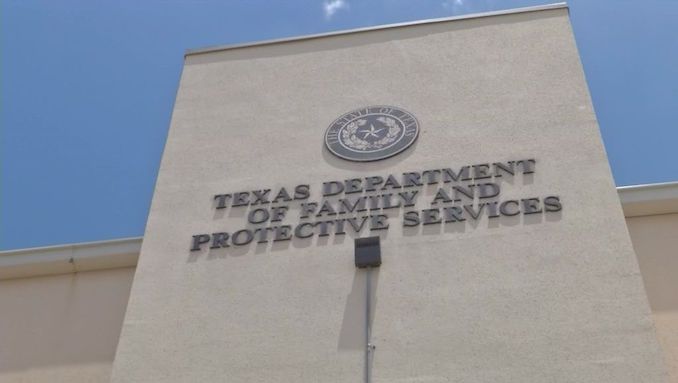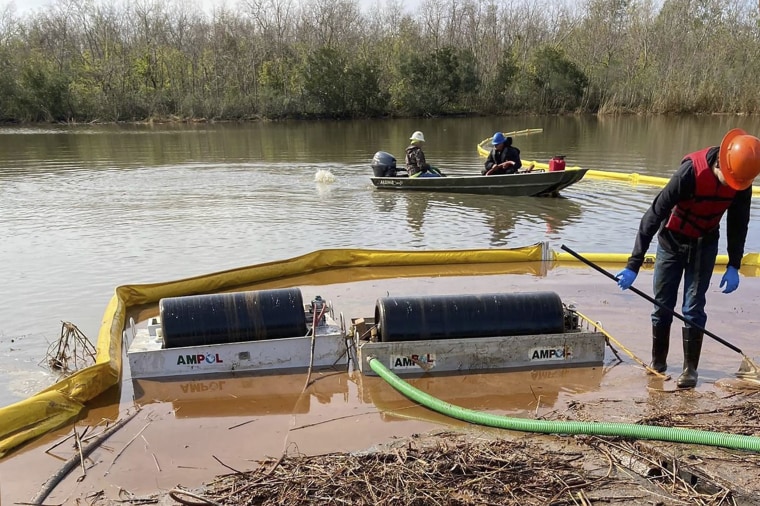KEN RITTER,
Jan. 12, 2022

LAS VEGAS (AP) — The federal government acknowledged it has been shipping mixed radioactive waste from a nuclear cleanup site in Idaho to Nevada and New Mexico for disposal.
In a statement Tuesday that followed a protest letter from U.S. Rep. Dina Titus of Nevada, the U.S. Department of Energy said 13,625 cubic meters of material has been sent safely from a former dump at the Idaho National Laboratory to the Nevada National Security Site.
The material was characterized as “low level waste/mixed low level waste,” the department said. The amount would fill more than five Olympic-sized swimming pools.
Shipments began in 2009 and are ongoing, the department said, while noting that most of the Idaho waste was being sent to the Waste Isolation Pilot Plant in New Mexico.
Nevada and the federal government have clashed several times in the past over shipments of radioactive materials to the vast former government nuclear test site in the state.
In a Monday letter to Energy Secretary Jennifer Granholm, Titus said “the fact that dangerous materials could be sharing the roads with my constituents and visitors raise a number of questions for me about this shipment of nuclear materials.”
Titus, a Democrat from Las Vegas, is a retired University of Nevada, Las Vegas professor and an expert on atomic testing and American politics. She has fought for years to prevent the federal government from building a permanent storage facility for the nation’s most radioactive waste at Yucca Mountain, some 90 miles (145 kilometers) north of Las Vegas.
In her letter, Titus called for the Energy Department to disclose the amount of waste to be shipped to Nevada and its classification.
“Nevada is not America’s dumping ground,” she said.
A Nevada-based spokesman for the Energy Department, Jesse Sleezer, said in a statement Wednesday that since 1999, the department has transported more than 32,000 waste shipments to the Nevada National Security Site, "with no release of contamination resulting from these shipments.”
The department said the Nevada state Division of Environmental Protection participates with other experts in pre-disposal documentation and review of an “extensive waste profile" of materials shipped to the site.
“All offsite wastes shipped to and disposed at the NNSS are handled safely and securely and must meet all applicable federal and state regulations as well as the rigorous NNSS Waste Acceptance Criteria,” the department said in its statement Tuesday.
Nevada state Division of Environmental Protection Chief David Fogerson referred an inquiry about the shipments to Nevada Gov. Steve Sisolak's office. The governor's aide, Meghin Delaney, did not immediately respond to questions.
The Energy Department said last month it was completing the removal of targeted waste buried decades ago in storage drums and boxes in unlined pits at a sprawling site that includes the Idaho National Laboratory, 50 miles (80 kilometers) west of the city of Idaho Falls.
The buried waste included plutonium-contaminated filters, graphite molds, sludges containing solvents and oxidized uranium generated during nuclear weapons production work at the Rocky Flats Plant in Colorado.
The Nevada National Security Site is a vast federal reservation nearly the size of the state of Rhode Island where the government conducted more than 1,000 above- and below-ground nuclear detonations from 1951 to 1992. It serves today as a research and training site and for U.S. studies of nuclear, chemical, biological and other weapons.
The Energy Department agreed last year to pay Nevada $65,000 to settle a dispute about five years of shipments of mischaracterized waste from the Energy Department’s Y-12 National Security Complex in Oak Ridge, Tennessee, to the Nevada site. The state called the shipments “an unfortunate misstep.”
An earlier dispute involved the clandestine shipment of one-half metric ton (1,100 pounds) of weapons-grade plutonium from a Department of Energy facility in South Carolina. Under that settlement, the government agreed to start removing the waste from the Nevada site last year.
 The Texas Department of Family and Protective Services has faced criticism for housing foster youth in hotels or social workers’ offices when unable to find them safe housing. During a hearing Tuesday, a panel of independent child welfare experts made recommendations to the state that included lessening its reliance on congregate care.
The Texas Department of Family and Protective Services has faced criticism for housing foster youth in hotels or social workers’ offices when unable to find them safe housing. During a hearing Tuesday, a panel of independent child welfare experts made recommendations to the state that included lessening its reliance on congregate care.










